The United States, Iran, and the Lessons of the Last War
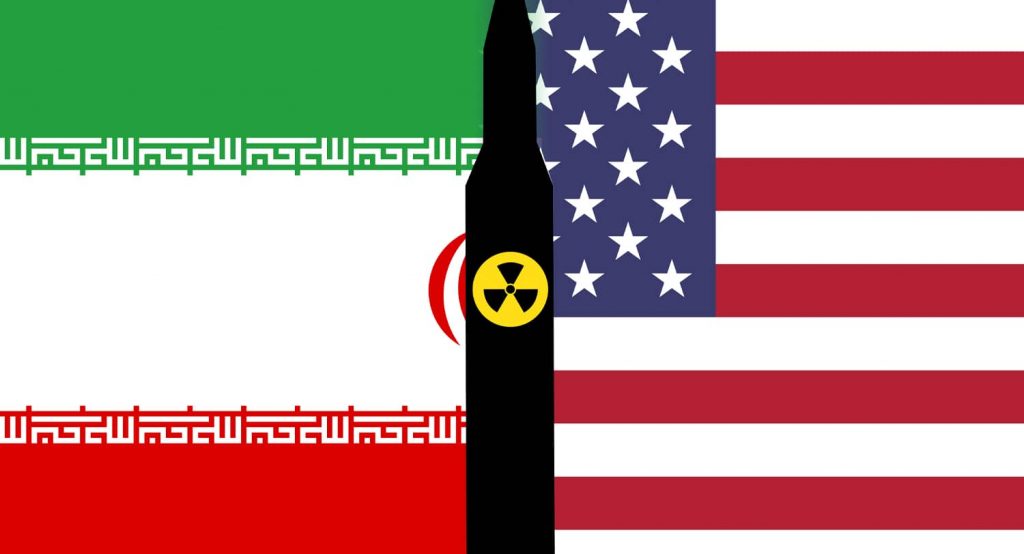
Generals, the old adage goes, are prone to fighting the last war. Political leaders and the people they represent typically prefer to avoid armed conflict. They have heeded what they have believed to be the lessons of the most recent conflict in which they have been engaged, seeking, in effect, to avoid the last war. […]
Did Israel Lose the Syrian War? Not Yet
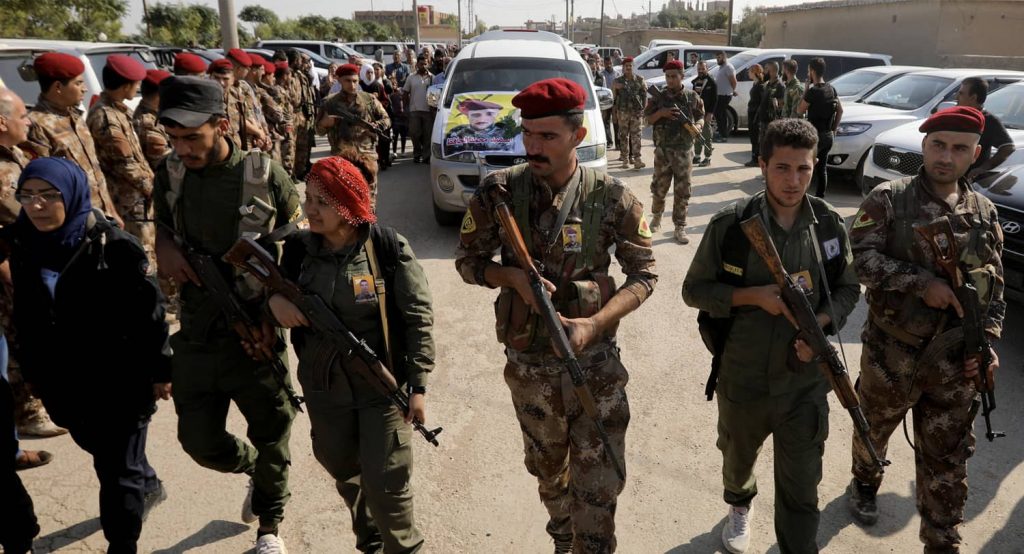
Ehud Yaari’s “How Israel Lost the Syrian War” in The Jerusalem Strategic Tribune provides unequaled insight into Israel’s and other states’ actions during the Syrian civil war. He describes Israel’s tactical successes, noting that IRGC Leader Suleimani’s “original plan [to set up a major new rocket and missile front aimed at Israel] for now is […]
Can Iran Find a Place in Regional Integration?
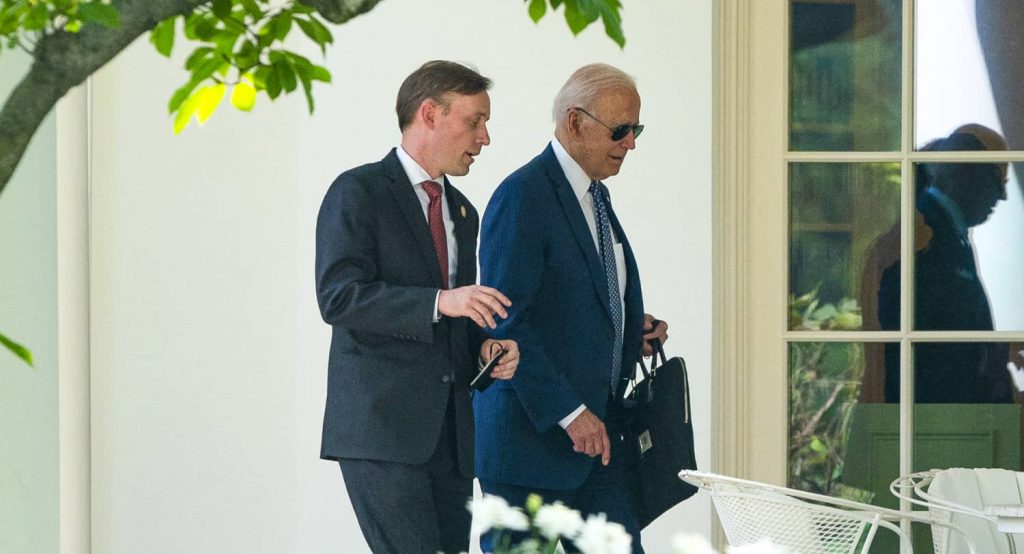
National Security Advisor Jake Sullivan, in February 2021, boldly summarized President Joe Biden’s strategy as a “foreign policy for the middle class,” a concept further articulated in a speech in April 2023. This is both a departure and a continuation of traditional US strategic thinking. In earlier administrations, foreign policy emerged from the concerns of […]
Erdoğan and the US Congress
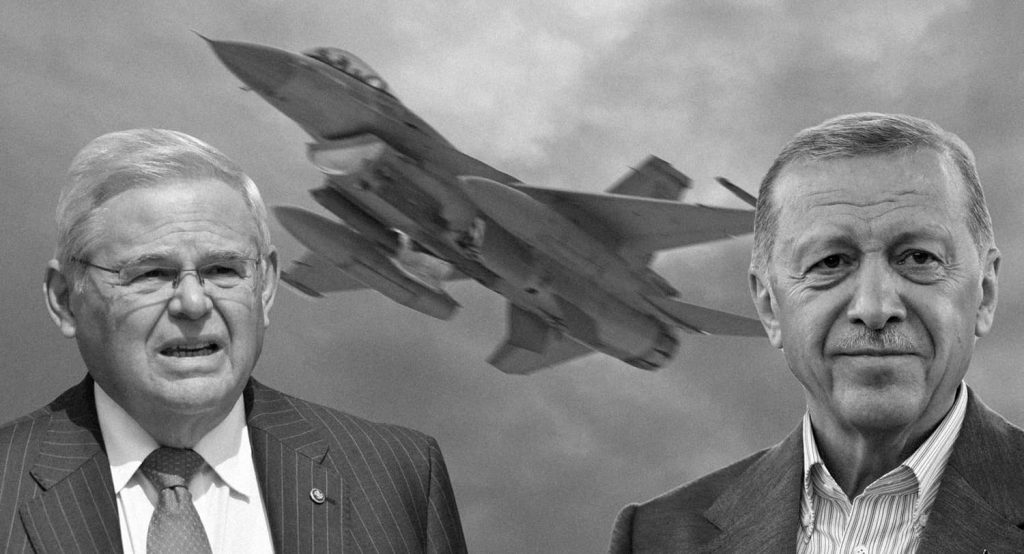
No one can truly predict what the next five years of President Recep Tayyip Erdoğan will mean for Turkey, the Middle East, the NATO alliance and Russia. The recent JST articles by Turkey experts indicate a wide range of views. >> Window on Washington: Read more from Dov S. Zakheim Although his electoral victory in May […]
Turkey: The Mood After the Elections and How the US Might Respond

The JST asked four seasoned observers of Turkey, three being former practitioners of US foreign policy and one a celebrated writer with several books on Turkey, for their views of the country in the immediate aftermath of its May elections. The Mood in Turkey Stable, but Existing Fractures are WideningBy Hugh Pope Turkey’s presidential and […]
“The Kiss of Biden” and Foreign Policy in Erdoğan’s Re-Election
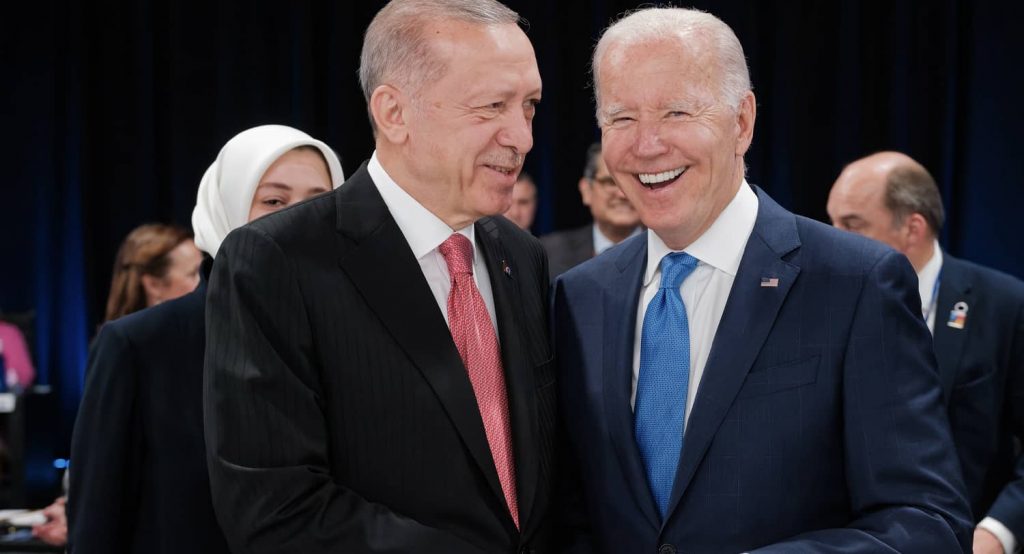
Pity Kemal Kılıçdaroğlu. The Turkish opposition candidate faced an impossible challenge: running for president with American lipstick on his cheek. Call it the kiss of Biden. In 2020, when Joe Biden was a candidate for president, he told the editorial board of the New York Times that he favored working with “elements of the Turkish […]
Mike McCaul’s Hard Line on the Afghanistan Papers
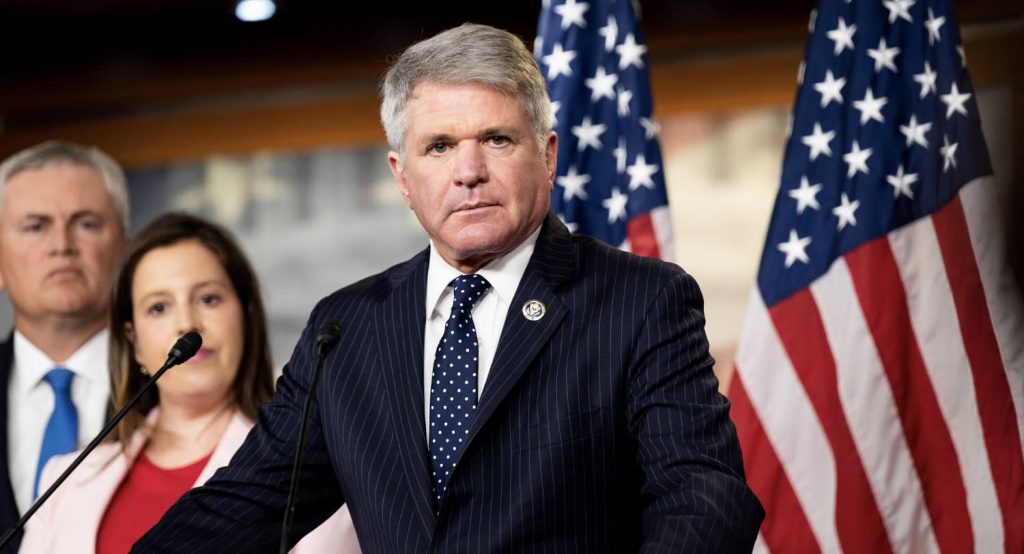
Everyone recognizes that America’s withdrawal from Afghanistan in 2021 was a chaotic mess. Even the Biden administration, in a National Security Council document released on April 6, acknowledges the civilian evacuation from Kabul should have been carried out sooner. House Foreign Affairs Chairman Mike McCaul (Republican of Texas) has been adamant that the administration come […]
American Policy and the Israeli Domestic Debate

On March 29, a few hours after Prime Minister Benjamin Netanyahu pressed pause on his government’s plan to overhaul Israel’s judiciary, US President Joe Biden delivered a warning to his long-time friend. “Like many strong supporters of Israel, I’m very concerned,” Biden said, masking his deep frustration with measured understatement. “I’m concerned that they get […]
Israeli Sovereignty and American Intervention

The streets are seething. Police have clashed with demonstrators and there have been not only arrests but some violence. Hundreds of thousands and likely millions have protested proposed government actions. Unions have called for nationwide strikes. Government reactions have elicited even more fierce opposition. Israel? No, France. Most recently, protests have intensified when the government completely […]
Back to the Basics of Shared Values in the US-Israel Relationship
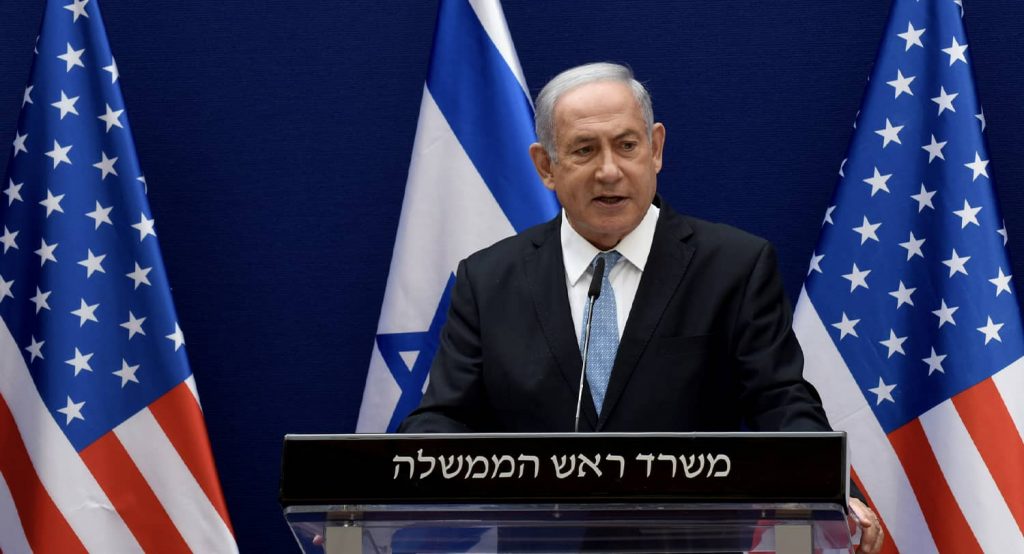
Recently, I was asked whether I might consider revising the book I wrote on the US-Israeli relationship entitled Doomed to Succeed. Turmoil in Israel, the most right-wing, religious government in Israel’s history, and President Biden’s decision to hold off inviting Prime Minister Netanyahu to Washington led to concerns about where the relationship might be headed, […]
